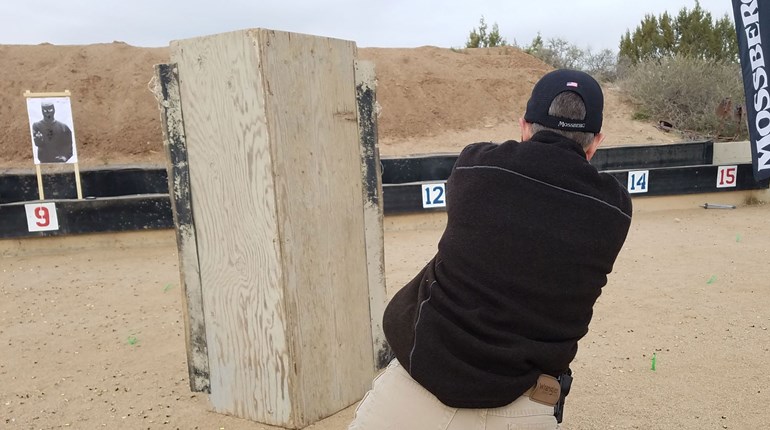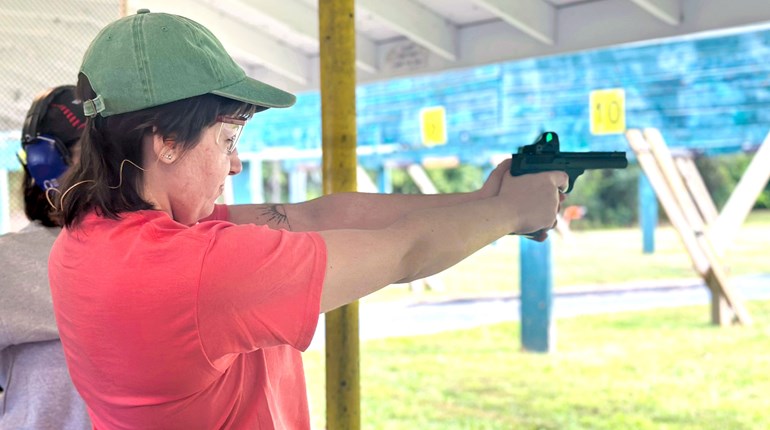
Some crimes require the criminal to gain your trust—this includes rape, date rape, kidnapping, and some muggings or assaults. He needs you to trust him so he can get you alone, get physically close to you (within attack range), or convince you to go along with some plan that’s going to lead you into danger. Even con-men who do not plan to use physical violence, but who will hurt you financially or otherwise, will employ some of these methods. This particular method is commonly used by people who are lying for any number of reasons, criminal or not.
These kinds of criminals use specific strategies to try to earn your trust. Author and security expert Gavin de Becker lays out a list of these strategies in his excellent book The Gift of Fear, and we’re going to take a look at each strategy to show you what it looks and sounds like and how you can guard against it.
The Unsolicited Promise is a simple and obvious strategy that jumps right out at you once you know about it. Anytime someone uses the words “I promise,” ask yourself why they’re promising. Sometimes it’s innocent, like pinky-swearing with your kids, but if those words are spoken by someone you don’t know or don’t trust when you’re in a vulnerable situation, you should wonder why.
Why would someone feel the need to emphasize their statement with a promise? Because they think you don’t trust them. And in the case of a criminal, he knows you don’t trust him for a very good reason, even if you don’t realize what it is, so he’s going over the top to reassure you.
- “I’ll just drive you home and help you inside. I promise.”
- “Trust me, I’m a good guy and would never hurt anyone, I promise.”
- “Just one more drink and then I’ll leave. I promise.”
We’re not kids anymore; we know that promises aren’t guarantees. They’re just words. Anyone can say “I promise” and have it mean absolutely nothing. Genuine good guys don’t need to assure anyone that they’re not harmful, because it’s pretty clear by the way they conduct themselves. A man who really intends to leave after helping your drunk butt get home safely—knowing you’re not entirely comfortable with this idea—won’t need to promise. He’ll just do it, and he knows he has no ill intent, so he won’t feel the need to reassure you. Or better yet, he’ll help you get an Uber or call a friend you do trust.
How to Defend Against the Unsolicited Promise
In almost any case, he’s only using the word “promise” because he knows you don’t trust him and he really wants you to. Ask yourself why? Why does he want your trust so badly? Maybe he’s just hoping to get your phone number and a date sometime, and he’s not great at picking up women, so he lays on the reassurance because he’s nervous and expects to be rejected. But maybe not.
Context is key again here, of course. Be particularly wary if you’re in a vulnerable place or condition, but more than that, let your ears perk up anytime anyone uses the phrase “I promise.” Be skeptical and ask yourself: Why is this person trying so hard to convince me? Tell yourself that yes, you are hesitant to trust this person, and there’s probably a good reason.
—Jo Deering














































